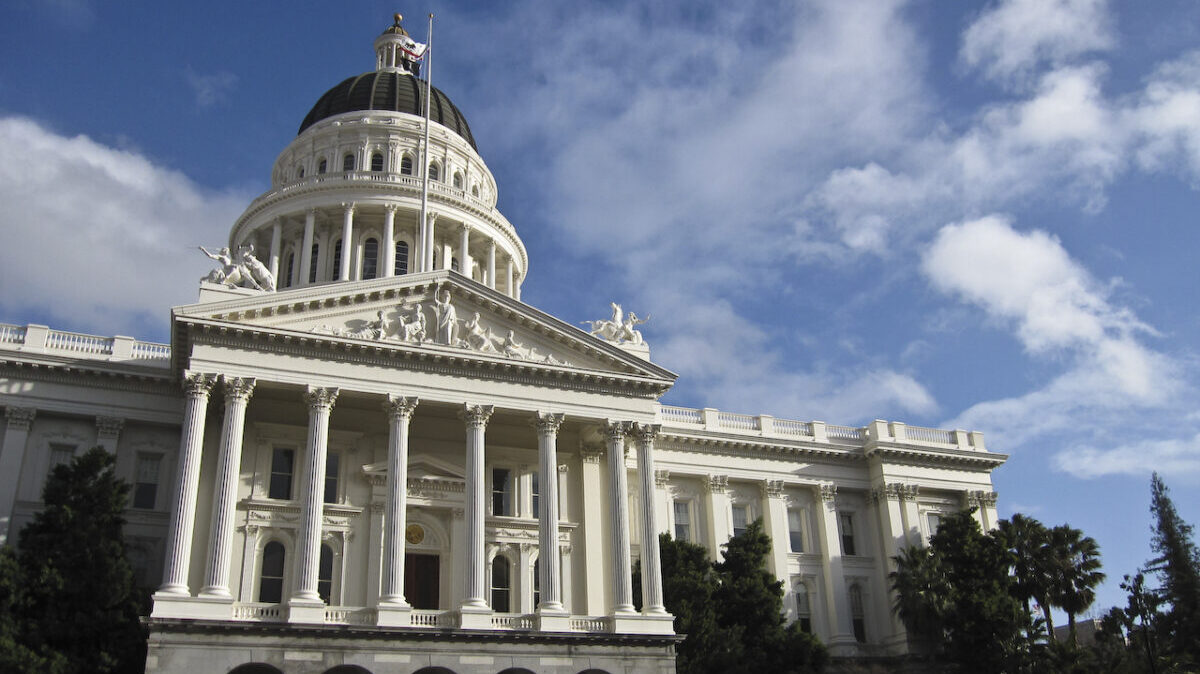California lawmakers are advancing Senate Bill 771 (SB-771), which aims to combat "hate" on social media. Critics argue that the bill poses a threat to free expression and could lead to censorship of conservative viewpoints, particularly affecting ministries, minority groups, and faith-based organizations.
Explainer California's Vague 'Hate Speech' Bill Would Censor Conservatives
The legislation mandates that social media platforms remove content deemed as "harassment" or "intimidation" based on various characteristics, including race and gender identity. Failure to comply could result in significant financial penalties for these companies.
If signed into law by Governor Gavin Newsom, SB-771 could become one of the most restrictive speech laws in the United States. Proponents claim it is a necessary measure for civil rights, while opponents contend it is designed to silence dissenting opinions that conflict with progressive ideologies.
The bill states that California law prohibits all individuals and entities from engaging in acts of violence or intimidation based on protected characteristics. Social media platforms could face civil penalties of up to one million dollars for intentional violations, or up to five hundred thousand dollars for reckless violations.
Critics argue that the vague language of the bill could be weaponized to suppress constitutionally protected speech. The terms "intimidation" and "coercion" are seen as overly broad, potentially leading to the silencing of discussions on traditional family values or cultural perspectives.
The legislation could have a chilling effect on free speech, particularly for smaller organizations that may lack the resources to navigate the legal complexities. A single flagged post could result in being shadow-banned or deplatformed, creating an environment where self-censorship becomes the norm.
While harassment and threats are universally condemned, opponents of SB-771 assert that the bill's true intent is to redefine intimidation in a way that could stifle legitimate discourse. Activists could claim they felt "threatened," triggering legal repercussions for platforms that host such content.
Legal experts have raised concerns that SB-771 may violate First Amendment rights. In the case of NetChoice v. Paxton, courts affirmed that social media companies possess First Amendment rights similar to those of traditional publishers. Additionally, Section 230 of the Communications Decency Act protects platforms from liability for user-generated content, provided they moderate in good faith.
The implications of SB-771 extend beyond California, potentially serving as a model for similar legislation in other states. Advocates for free speech argue that limiting online expression restricts access to diverse ideas and perspectives, particularly for younger generations who rely on digital platforms for information.
Isaac Beck, a writer and project director for the Changed Movement, emphasizes the need for action against what he describes as state-coerced censorship. He calls for community leaders and citizens to oppose the bill, asserting that it threatens the rights of all Californians to express themselves freely.
In conclusion, SB-771 represents a significant shift in how speech is regulated online, with potential repercussions for free expression across the nation. The bill's passage could lead to increased censorship of conservative viewpoints and a chilling effect on public discourse.
Why it matters
- SB-771 aims to regulate hate speech on social media, raising concerns about potential censorship of conservative views.
- The bill could impose hefty fines on platforms for failing to remove content deemed as harassment, impacting free speech.
- Critics argue the vague definitions of intimidation could suppress legitimate discourse and lead to self-censorship.
- The legislation may set a precedent for similar laws in other states, affecting free expression nationwide.
What’s next
- Governor Gavin Newsom will decide whether to sign SB-771 into law, with potential implications for free speech.
- Activists are mobilizing to oppose the bill, urging community leaders to advocate for free expression rights.
- Legal challenges may arise if SB-771 is enacted, questioning its compliance with First Amendment protections.
